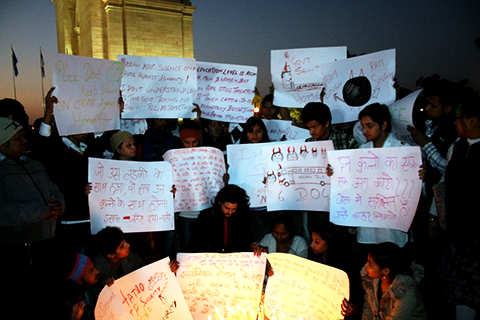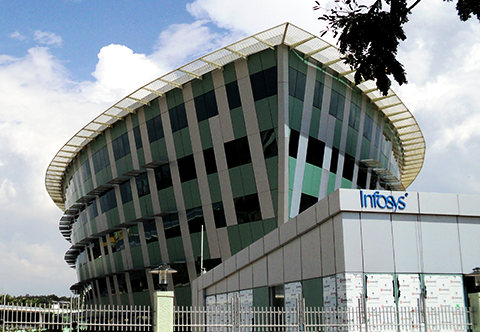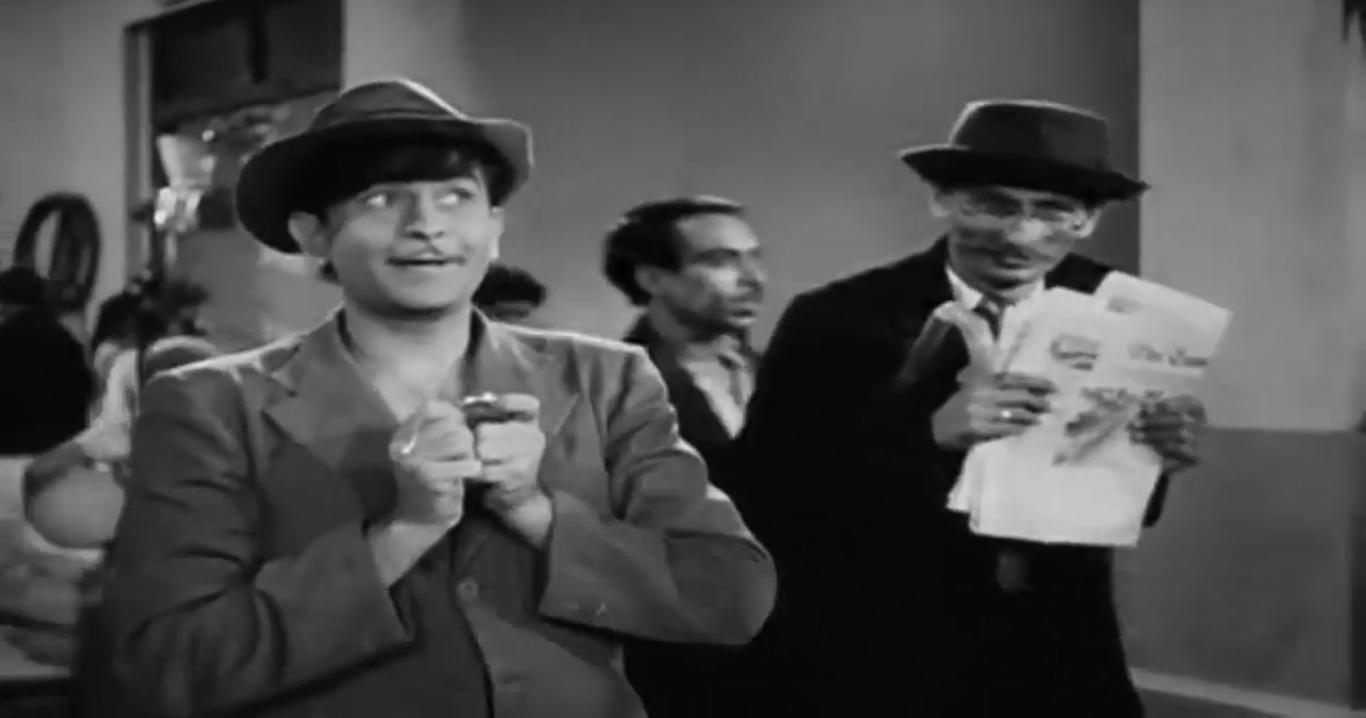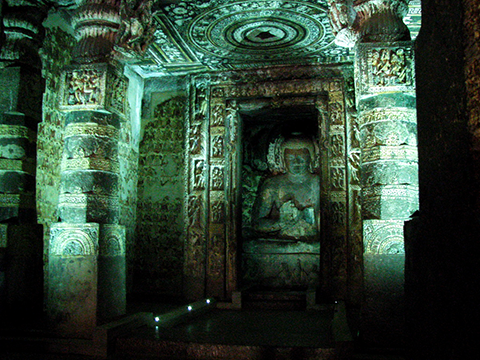Recent stories that grabbed attention on Chinese social media include India’s decision to deny Chinese ships access to scour Indian waters for the missing flight MH370, which had 159 Chinese nationals aboard; secret documents released by journalist Neville Maxwell portraying the 1962 India-China 1962 war as Nehru’s mistake; and fraying India-US relations leading to the resignation of US Ambassador to India Nancy Powell.
These news events are overlaid by historical perceptions formed over the centuries to create a rather imbalanced picture of India in the Chinese imagination.
Here are the most common impressions about India that visitors from the subcontinent are likely to encounter in China.
1) It’s dangerous for women.

A Silent Protest at India Gate, by Ramesh_Lalwani (Creative Commons).
The Delhi gang rape case in 2012, followed by the rape of a Chinese woman in the national capital in early February 2013 , sent shockwaves across the Middle Kingdom, which is now considered the world’s largest traveller base. According to the Chinese Ministry of Tourism, 97.3 million Chinese visited foreign countries in 2013, of whom two per cent made it to India. But as a consequence of the rapes, group tour bookings from China to India dropped almost 50 per cent in the year ending January 2014, people in the travel business say.
2) India is a software giant

The Infosys building in Thiruvananthapuram, Kerala, by Binoyjsdk (Creative Commons).
In reality, China has more software engineers than India does. Ten per cent of the world’s software developers are now from China, compared to India’s 9.8 per cent in 2013, according to research firm International Data Corp. Despite this, Chinese speak of India’s software prowess with a hint of envy, perhaps because their knowledge of English allows them to greater access to international contracts. Indian firms like TCS and Infosys have made such a mark in the Middle Kingdom that the Bank of China’s backend is run by TCS.
3) It’s the land of Bollywood

Raj Kapoor in the film Awara.
In the 1970s, Raj Kapoor’s films were the first foreign movies to hit Chinese cinemas. This opened up a whole new world. As a result, today, everybody from taxi drivers in Shanghai to CEOs in Beijing can sing Raj Kapoor’s Awara Hoon Mein. Raj Kapoor and the song even have their own Chinese names. So if they don’t get the name in Hindi, hum a line or two and you will surely have a Chinese friend join you.
In 2011, Aamir Khan’s Three Idiots caught the fancy of China, whose citizens seemed to identify deeply with the stress, trauma and family relationships portrayed in the film. The movie went viral first on Chinese social media and was one of the 11 foreign films to be dubbed and translated into Mandarin that year, a requirement for foreign films to be officially shown in China. As a consequence, most Chinese assume that all Indians sing and dance at all festivals, weddings and other celebrations.
4) It’s the birthplace of the Buddha

A Buddha statue in Ajanta, Maharashtra, by Danial Chitnis (Creative Commons).
China’s most famous epic, the Journey to the West, is about Chinese monk Xuanzhang’s travels to India in search of Buddhist scriptures in the 7th century. It has firmly fixed India in the Chinese mind as the land of Buddhism and spirituality. China’s economic boom has had a flipside: many of the atheist nation’s youth are under great pressure to perform. Adopting the Buddha’s calmness and tranquility gives the Chinese a sense of fulfillment without imposing on them a sense of religion. As a result, India – the land that nurtured Buddhism – is viewed with spiritual awe.
Nazia Vasi is the founder and CEO of Inchin Closer, a language and business consultancy based in Mumbai.












